Life
Sign up for our newsletter
We summarize the week's scientific breakthroughs every Thursday.
-
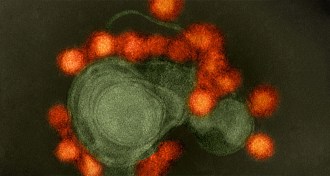 Genetics
GeneticsZika disrupts cellular processes to impair brain development
Discoveries about how Zika virus slows brain cell development could lead to treatments.
-
 Genetics
GeneticsReaders question the biology of alcoholism and more
Alcoholism-linked genes, making better corneas and more in reader feedback.
-
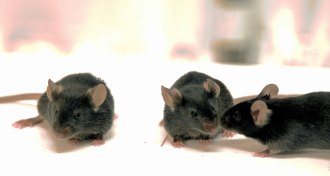 Neuroscience
NeuroscienceMice smell, share each other’s pain
Pain can jump from one mouse to another, presumably through chemicals detected by the nose.
-
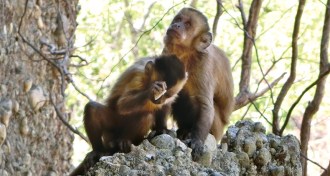 Archaeology
ArchaeologyWild monkeys throw curve at stone-tool making’s origins
Monkeys that make sharp-edged stones raise questions about evolution of stone tool production.
By Bruce Bower -
 Genetics
GeneticsBig biological datasets map life’s networks
Expanding from genomics to multi-omics means stretching data capacity, but it may lead to a future of early diagnosis, personalized medicine and hardy crops.
-
 Genetics
Genetics‘Three-parent babies’ explained
Several in vitro techniques can produce babies with three biological parents.
-
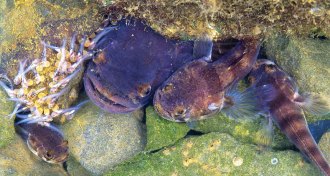 Animals
AnimalsMelatonin makes midshipman fish sing
Melatonin lets people sleep but starts male midshipman fish melodiously humming their hearts out.
By Susan Milius -
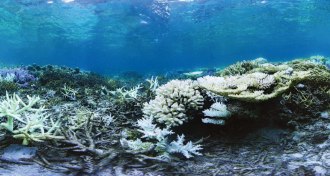 Oceans
OceansReef rehab could help threatened corals make a comeback
Reefs are under threat from rising ocean temperatures. Directed spawning, microfragmenting and selective breeding may help.
-
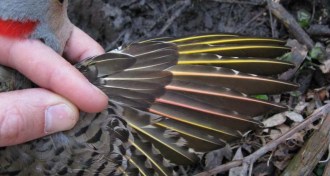 Animals
AnimalsBerries may give yellow woodpeckers a red dye job
A diet of invasive honeysuckle berries may be behind stray red feathers in woodpeckers called yellow-shafted flickers.
-
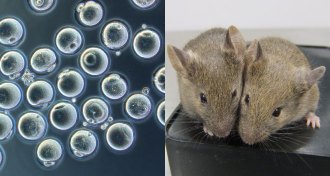 Life
LifeIn a first, mouse eggs grown from skin cells
Stem cells grown in ovary-mimicking conditions in a lab dish can make healthy mouse offspring, but technique still needs work.
-
 Neuroscience
NeuroscienceOut-of-sync body clock causes more woes than sleepiness
The ailment, called circadian-time sickness, can be described with Bayesian math, scientists propose.
-
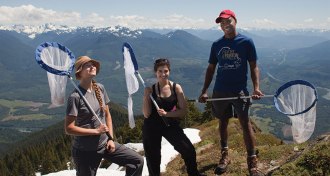 Ecosystems
Ecosystems‘Citizen Scientist’ exalts ordinary heroes in conservation science
Journalist Mary Ellen Hannibal’s “Citizen Scientist” tells tales of ordinary people contributing to science.